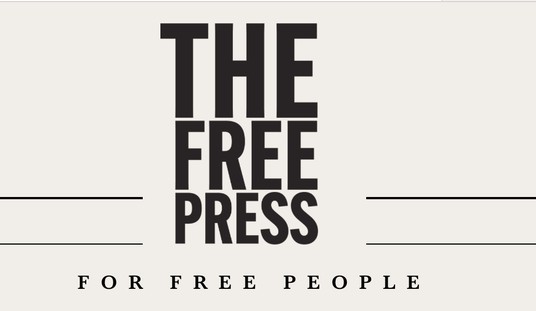Last month, analysts announced an 11% drop in new-home sales in November as first-time homebuyer tax credits initially expired. The news was actually worse than that. Overall, the residential market dropped 16% month-on-month in November, far more than analysts had predicted:
Pending home sales unexpectedly plunged in November, according to a report issued Tuesday by the National Association of Realtors, posting their largest drop on record after several months of positive gains for a closely-watched indicator of housing market activity.
According to the industry group, November pending home sales activity dropped by 16% to a reading of 96.0, compared with the previous month’s reading of 114.3. The drop was much larger than expected by Wall Street, which was looking for a dip of 2% for the indicator for November.
It was the largest drop, point-wise, since the industry group started the index in 2001, dragging the indicator to its lowest level since June.
NAR officials said the drop was related to a decrease in sales activity as the original Dec. 1 deadline for the first-time home-buyers tax credit approached. Pending home sales are contracts signed, meaning it could take several months for a home buyer to finance and finish the transaction. A November home buyer may have been too late to qualify for the original deadline.
Overall, housing sales improved by 15% over the previous year — but that may not be all good news. The tax credit appears to have incentivized buyers who already had the means to purchase new homes to do so earlier than they might have done otherwise. Just as with Cash for Clunkers, it seems to have resulted only in shifting sales rather than stimulating purchases that would not have occurred without the artificial incentives. The 15% increase for the year matches the drop in November, and we have yet to see December’s numbers.
The best way to stimulate housing sales will be to create jobs and wealth in the marketplace. That may not be as “sexy” as a tax credit, but it will be far more effective. While we remain in double-digit unemployment or even in high single digits, wages will be depressed and people won’t have the money to buy. We already have an explosion of bankruptcies that will impede the housing market in 2010. Shifting sales into the first quarter will produce another temporary bump, followed by another precipitous drop.
A rational economic plan based on lowering taxes and significant reductions in government spending and deficits would be the best possible “stimulus” for housing, unemployment, and the economy as a whole. Everything else is the kind of government intervention that created bubbles and collapses for the last ten years.








Join the conversation as a VIP Member